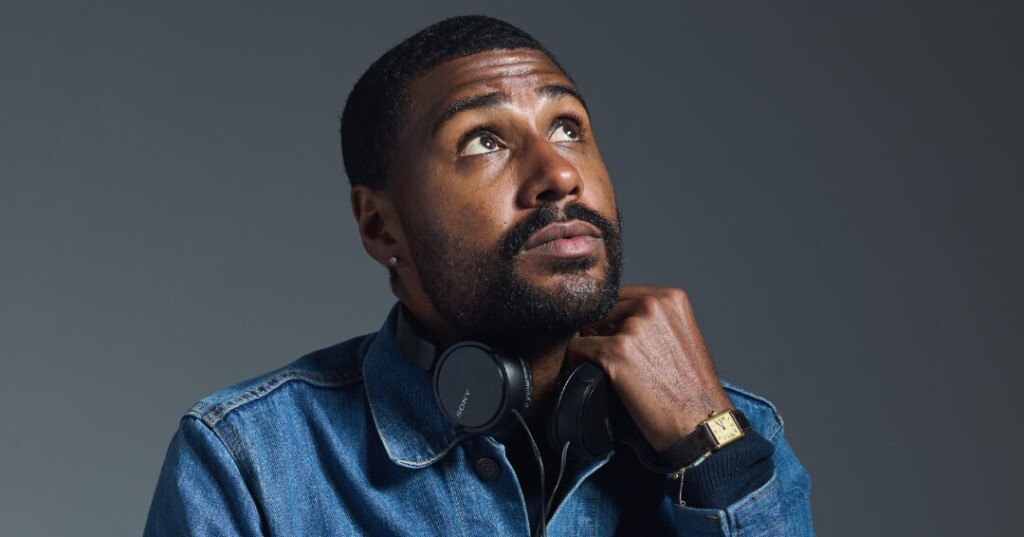Opus, the latest psychological thriller and horror film from director Mark Anthony Green, opens in theaters on March 14, and audiences are in for a ride. The film invites viewers into an isolated compound of a legendary pop star who vanished thirty years ago.
The story follows Ayo Edebiri’s young writer character as she navigates the eerie world of sycophantic followers and manipulative journalists, all while trying to unravel the twisted plot of the elusive artist played by John Malkovich.
At first glance, Opus might seem like your typical horror movie—an isolated setting, cult-like followers, and a mysterious figure hiding sinister secrets. However, Green quickly lets everyone know that humor plays a crucial role in the narrative.
“I’m such a smart-ass,” Green shares in an interview with The Quintessential Gentleman, reflecting on his natural inclination to add humor in his work. “I think if I tried to make a film that didn’t have humor in it, I don’t know if I could do it.”
Green describes Opus as a suspense thriller horror film with moments of levity. “It’s fun. My most important mandate was to make the film as fun as possible. By making it fun, the message lands even better,” he said. This balance between laughter and fear is what sets Opus apart from other films in the genre.
Green’s career as a storyteller, with experience in the world of fashion and editorial work, informs the film’s meticulous style and approach. His background in GQ fashion editorial work shines through, with shot compositions that feel like pieces of art. But Green knows the true secret to making Opus unforgettable lies in its ability to deliver scares while keeping audiences entertained.
Humor is more than just an antidote to the film’s darker themes; it becomes an essential tool for delivering its underlying social commentary.
One of the film’s central themes is celebrity tribalism—the blind loyalty that followers have for their idols, regardless of the truth behind their personas. Green draws inspiration from the dangerous power structures that encourage such unquestioning devotion. As he describes, the problem of tribalism was already pressing when he began writing the film six years ago, and now, in 2025, it’s become a global issue that is more relevant than ever.
In the film, the mysterious pop star Moretti embodies the dangerous allure of celebrity and the fanaticism that accompanies blind loyalty. His followers, who are intoxicated by their adoration of him, fuel the toxic atmosphere that surrounds the film.
Green admits that, while there isn’t a specific celebrity that directly inspired Moretti, the dynamics of parasocial relationships are at the heart of the narrative. “There are so many bad actors and dynamics and power structures that reinforce such opportunistic bad behavior,” he says. This film is a reaction to the tribalism we’ve witnessed in pop culture, politics, and beyond.
Whether you find yourself laughing at the absurdity of certain situations or on the edge of your seat during the darker moments, Opus is a film that promises to keep you thinking long after the credits roll.
In Green’s own words, “I want you to have an amazing time watching the movie, but I also want you to think about the questions that it raises.”
Check out the full interview.



